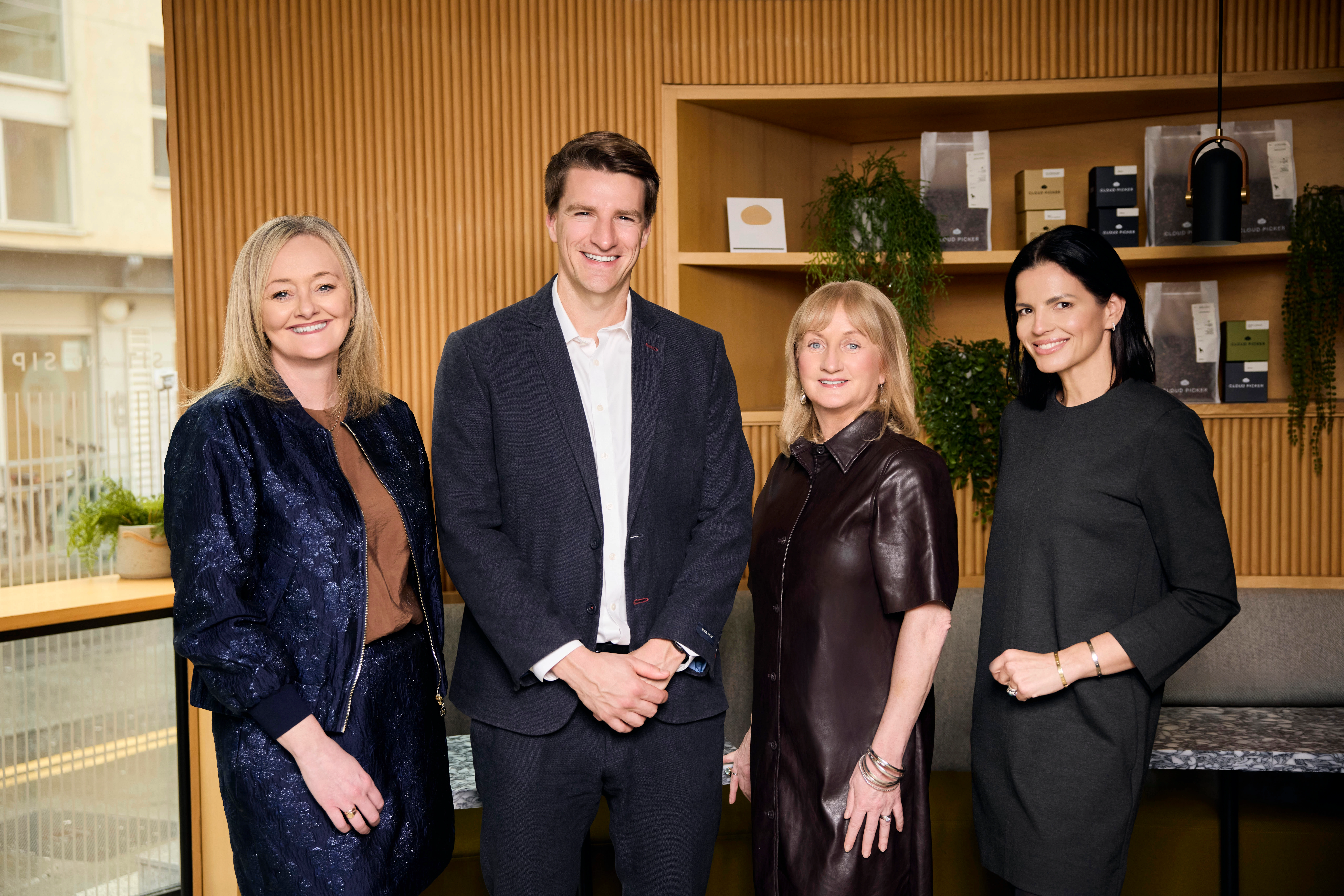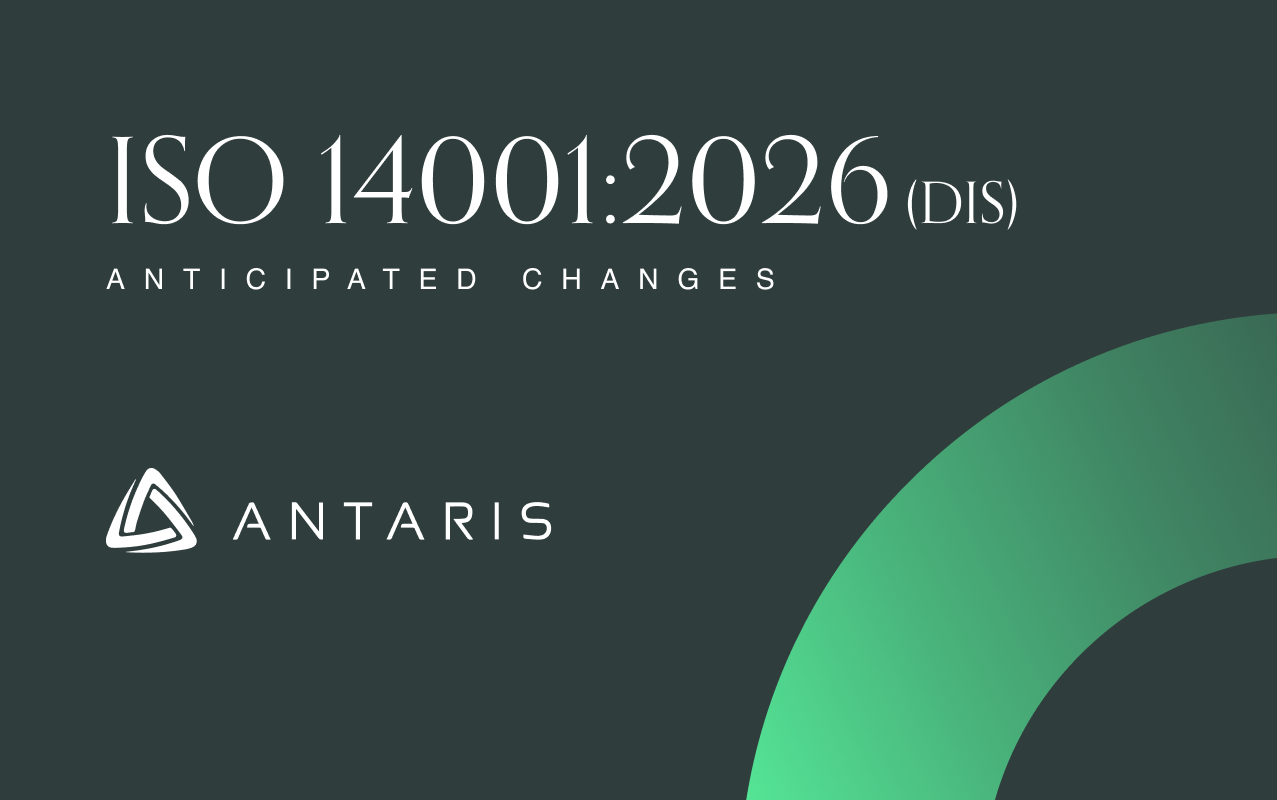Summary
Antaris Consulting worked with Ireland’s Western Development Commission and Finland’s Karelia University together with other partners from across the EU Northern Periphery Area, to progress sustainability and circular economy initiatives relevant to SMEs in those areas.
This project focused on two specific initiatives:
The GOALs initiative helps SMEs to progress the sustainability of their management systems, operations, and value chain while also being more effective and authentic in communicating the value of these practices, in the context of their products and services.
Blue Circular Technology (BCT) seeks to build links between SMEs in Ireland, Finland, Norway, Iceland and across the northern periphery and arctic region to find solutions to the problems posed by waste fishing gear. The initiative also seeks to help SMEs in expanding their market reach through more effective storytelling regarding their products and the efforts they are making to alleviate plastic pollution in the world’s oceans.
The work included a needs assessment, desk research, one-to-one dialogues, advisory group meetings, a survey and a stakeholder workshop enabling the emergence of valuable insights through shared learning experiences. The project also laid the foundations for valuable new relationships to take forward to the next stages of both projects.
The Client
The Western Development Commission (WDC) is a statutory body promoting economic and social development in counties Donegal, Sligo, Leitrim, Roscommon, Mayo, Galway and Clare. The WDC is involved in policy analysis and development, the promotion of regional initiatives and the operation of the Western Investment Fund. In addition, it is involved in several EU projects, some of which are focused on the circular economy.
Context
Case Study Draft Sustainability/Circular Economy (CE) is fast-paced, broad, deep and complex. It has moved from being a desirable product or service attribute to an entirely new way of doing business. It represents a new mindset and culture. This means it is a difficult story to tell.
Yet consumers also demand that businesses be honest and transparent. Studies show that businesses that are perceived as purposeful, or as having a positive impact, have grown at more than twice the rate of other businesses. Where margins are thin and the line between success and failure is thin, small swings in consumer preferences, when added together, become large competitive advantages.
There has been a powerful paradigm shift in marketing. In the 1990s, consumers believed a “strong brand” symbolised power, authority, and prestige. Today, consumer interests have shifted from social status to social and environmental good. Many want and expect businesses to serve a purpose beyond financial returns.
For a business to tell an authentic and compelling sustainability story, it must have substance behind it. The speed of digital communication means that businesses can no longer control their stories. Unlike the days before social media, businesses are judged not just by the perception they try to create, but also by the realities of what they say and do.
This means that the actions of a business are far more important than the communications of a business.
Given new Circular Economy legislation and the Single-Use Plastics Directive, SMEs’ adaptive capacity to remain relevant in a changing world has never been more important.
Approach
Informed by a comprehensive stakeholder engagement process, Antaris Consulting hosted a Sustainability Storytelling workshop (14 th June 2022) on the theme of Sustainability Storytelling for SMEs. The event included a blend of keynote presentations, polls, case studies and interactive small- group work. There was a broad range of participation from across the Northern Periphery Area with registrants from six countries across a spectrum of institutional and SME interests.
The supporting research included a survey to understand attitudes toward End-of-Life (EOL) fishing gear within stakeholder groups on the west coast of Ireland. The survey was offered in the context of raising awareness of the problems associated with EOL gear and the changing regulatory context arising from the EU Single-Use Plastics (SUP) directive.
Insights
The polarisation of perspectives and opinions between behavioural and legislative approaches combined with varying levels of environmental awareness and diffused opinions about the potential for Circular Economy initiatives reflects the complex socio-technical challenge that is sustainability.
Challenges of this type are complex because they are intertwined with existing systems, such as manufacturing systems and economic systems, political, social and cultural systems, and technological and legal systems. And each of these systems is connected with the other.
Systems-based problems must be addressed at the system level. Working with systems requires building a robust system model that provides a visual perspective on the separate system components and how they relate to and influence each other. This is a participative process that integrates multiple perspectives.
A methodology for working with this type of complexity is modelled below. The model creates the opportunity to test different hypotheses by changing different elements within the system (rapid prototyping) and monitoring outcomes (using stakeholder feedback and quantitative performance metrics) through an effective feedback loop.
Hypotheses are translated into a portfolio of pilot projects. Those that demonstrate positive early- stage impacts on sustainability metrics are scaled up. Non-performing hypotheses are dampened quickly.









